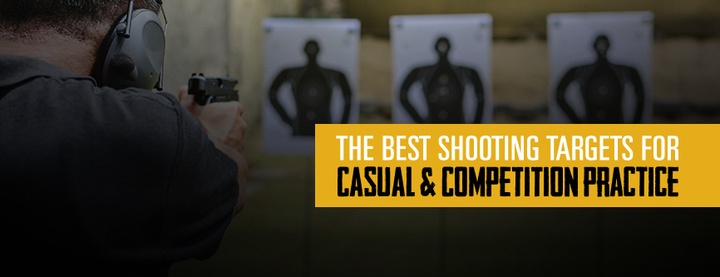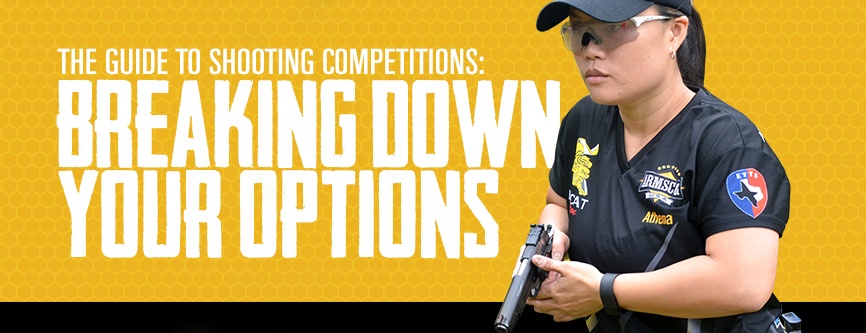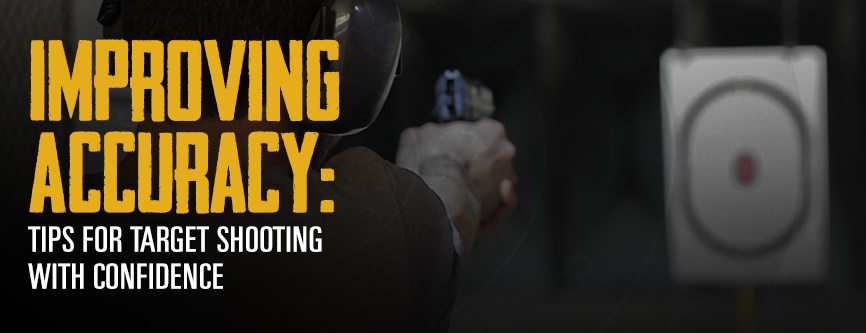The Best Shooting Targets for Casual & Competition Practice
Posted by Team Armscor on Dec 29, 2021 4 Minute Read

Need some ideas for targets for shooting practice? If you have the freedom to get a little bit creative with your targets we have a few suggestions.
Try a few of these on for size.
Official Cardboard/Paper Targets
If you’re getting into the world of competition shooting, you will want to check out these official targets for different competition leagues. The best bang-for-your-buck option is probably to pick up a pack of 100 paper IDPA/IPSC targets (but the cardboard USPSA targets are also pretty nice).
Quick Tip: Get another use or two out of your targets by using tape to patch up the holes.
Water Jugs/Soda Bottles
If you’ve ever watched a Hickok45 video you probably know how much he enjoys shooting two-liter soda bottles. Cheap soda or full-gallon water jugs are pretty fun to shoot, thanks to the satisfying potential of seeing a liquid explosion. (Points for presentation.)
Steel Targets
Shooting steel is a great choice since you can usually hear when your shots hit the target. If you're a competitive shooter, you'll likely come across steel targets at some point. They are great since you don't have to constantly replace them like paper; however, be prepared to pay hundreds of dollars for some of the larger, more extravagant steel targets.
Balloons
Balloons actually make for pretty good targets, as long as it’s not too windy outside. You’ll know when you hit them, and you have some varying options as far as size and color go.
Binary Explosives
Another incredibly satisfying target to shoot is a binary-explosive target. Here’s the basic description from the ATF:
“Binary explosives are pre-packaged products consisting of two separate components, usually an oxidizer like ammonium nitrate and a fuel such as aluminum or another metal.”
Tannerite is a well-known brand of explosive target. You’ll need a caliber that has enough velocity to set off the targets reliably, usually around 2,000 feet per second or faster. For safety purposes, you’ll want to be 100 yards away. The loud booming sound lets you know you’ve scored a hit, in case you were wondering.
For more guidance check out our Shooting Techniques Page.




